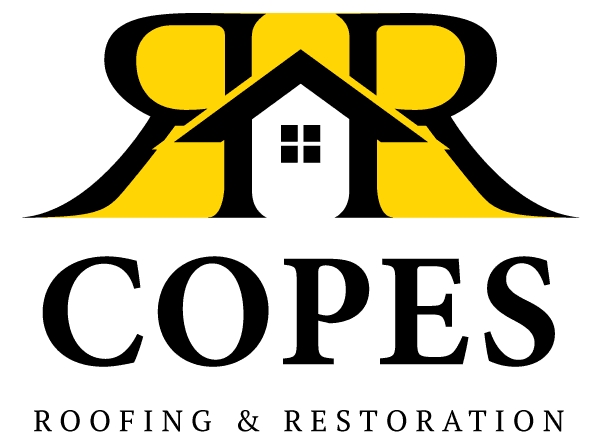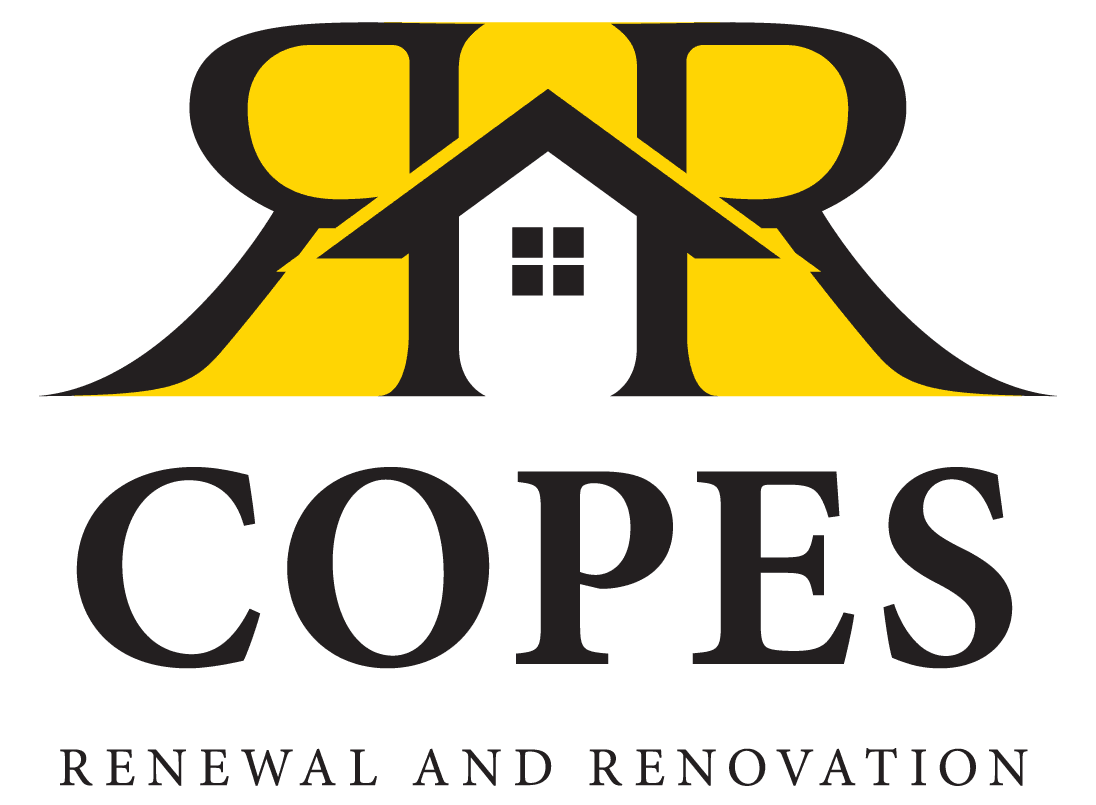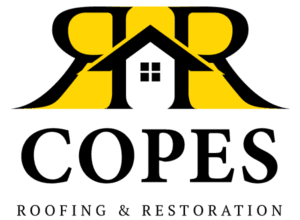Your home’s first line of defense against the elements is your roof, making regular professional inspections crucial for maintaining its integrity. Understanding what a roof inspector does can help you protect your investment and prevent costly repairs down the line.
A roof inspector serves as your expert guide in identifying potential issues before they become major problems. Their specialized training and experience allow them to spot warning signs that might go unnoticed by untrained eyes, helping homeowners make informed decisions about maintenance and repairs.
Why are regular roof inspections important?
A professional roof inspection serves as a preventive measure that can save homeowners thousands of dollars in potential repairs. Regular inspections help identify minor issues before they escalate into major problems, ensuring your roof continues to protect your home effectively. Most roofing experts recommend scheduling inspections at least once every two years, or after severe weather events, to maintain optimal roof performance and extend its lifespan.
Common issues identified by a roof inspector include:
- Damaged or Missing Shingles: Inspectors carefully examine each section of the roof for loose, cracked, or absent shingles that could lead to water infiltration and structural damage.
- Water Damage and Roof Leaks: Professional inspectors check for signs of moisture intrusion, including water stains, mold growth, and rotting wood in both visible and hidden areas of the roofing system.
- Flashing Problems: These metal pieces that protect roof joints and valleys often deteriorate over time. Inspectors assess their condition to prevent water from seeping into vulnerable areas.
- Ventilation Issues: Poor attic ventilation can lead to excessive heat and moisture buildup, causing shingle damage and reducing energy efficiency. Roof inspectors evaluate ventilation systems to ensure proper airflow.
- Structural Concerns: Sagging areas, uneven roof planes, and damaged support systems are critical issues that professional inspectors identify during their assessment.
Signs You Need a Professional Roof Inspector
When it comes to roof maintenance, professional expertise can mean the difference between a minor repair and a complete roof replacement. A roof inspector brings specialized knowledge and equipment to thoroughly evaluate your roof’s condition, providing detailed insights that might not be visible to the untrained eye.
Watch for these obvious signs of roof damage that indicate you need a professional roof inspection:
- Age-Related Wear: If your roof is approaching or has exceeded its expected lifespan (typically 20-25 years for asphalt shingles), schedule an inspection to assess its overall condition and remaining life expectancy.
- Visible Signs of Interior Damage: Water stains or water spots on ceilings or walls, peeling paint, or mold growth in your attic are clear indicators that your roof may be compromised and needs professional evaluation.
- Storm Damage: After severe weather events involving high winds, hail, or heavy rain, a professional inspection can identify potential roofing issues that might not be immediately apparent.
- Granule Loss: Finding large amounts of granules in your gutters or downspouts suggests shingle deterioration, requiring immediate professional assessment.
- Energy Bill Spikes: Unexpected increases in heating or cooling costs could indicate roof-related insulation or ventilation problems that a professional inspector can identify and address.
- Visible Sagging: Any noticeable dips or uneven areas in your roof line require immediate professional inspection, as they often indicate serious structural issues.
When Should You Schedule Routine Roof Inspections?
A roof inspector plays a crucial role in maintaining your home’s long-term integrity and value. Regular inspections help identify potential problems before they escalate into costly repairs, saving homeowners significant money over time. Professional inspections also provide documentation for insurance purposes and can help extend the life of your roofing system through early detection and preventive maintenance.
Types of Roofs and Their Recommended Inspection Schedule
Different roofing materials have varying lifespans and maintenance requirements, making it essential to understand the specific needs of your roof type. A professional roof inspector can create a customized maintenance schedule based on your roof’s materials and condition. Here’s a general guide for different roofing materials:
- Asphalt Shingles: Schedule inspections every 3-5 years for roofs under 10 years old, and annually for older roofs. These common roofing materials require more frequent monitoring as they age.
- Metal Roofs: Requires a professional inspection every 3-5 years during their first 15 years, then every 2 years afterward. Metal roofs are durable but need regular checks for seal integrity and fastener conditions.
- Tile or Slate: Schedule inspections every 3-5 years for the first 20 years, then every 2-3 years after that. While extremely durable, these materials can develop hidden issues that only a roof inspector can identify.
- Flat Roofs: Need inspection twice yearly, typically in spring and fall. Their unique drainage requirements and exposure to standing water make more frequent professional monitoring essential.
What to Expect During a Standard Roof Inspection
A professional roof inspection involves a comprehensive evaluation of your entire roofing system, both inside and out. The roof inspector will follow a systematic approach to ensure no potential issues go unnoticed. Here’s what typically happens during an inspection:
- Interior Inspection: The roof inspector begins in your attic, checking for proper ventilation, signs of water damage, and structural integrity. This includes examining rafters, decking, and insulation for any signs of problems.
- Exterior Visual Inspection: A thorough examination of all roofing materials, including shingles, flashing, gutters, and chimney areas. The inspector looks for signs of wear, damage, or potential weak points.
- Structural Evaluation: The roof inspector checks for sagging areas, uneven roof planes, and signs of structural problems that could indicate more serious issues.
- Documentation: Detailed notes and photographs of any findings, including potential problem areas and recommendations for repairs or maintenance. This documentation helps track your roof’s condition over time.
- Professional Report: A detailed report outlining all findings, including immediate concerns and potential roof issues. The roof inspector will explain their findings and answer any questions about recommended repairs or maintenance.
- Cost Estimates: If roof repairs are needed, the inspector may provide preliminary cost estimates or recommend trusted roofing companies for necessary work.
Conclusion
Regular roofing inspections are a crucial investment in protecting your home and maintaining its value. A qualified roof inspector or professional roofing contractor provides the expertise needed to identify potential issues early, helping homeowners avoid costly repairs and extend their roof’s lifespan. Their professional assessment offers peace of mind and ensures your home remains protected from the elements.
Ready to schedule your professional roof inspection? Contact Copes R&R Construction today to protect your investment with expert roofing services. Follow us on Facebook for more helpful tips about roof maintenance, industry updates, and exclusive offers that can help you maintain your home’s first line of defense.



